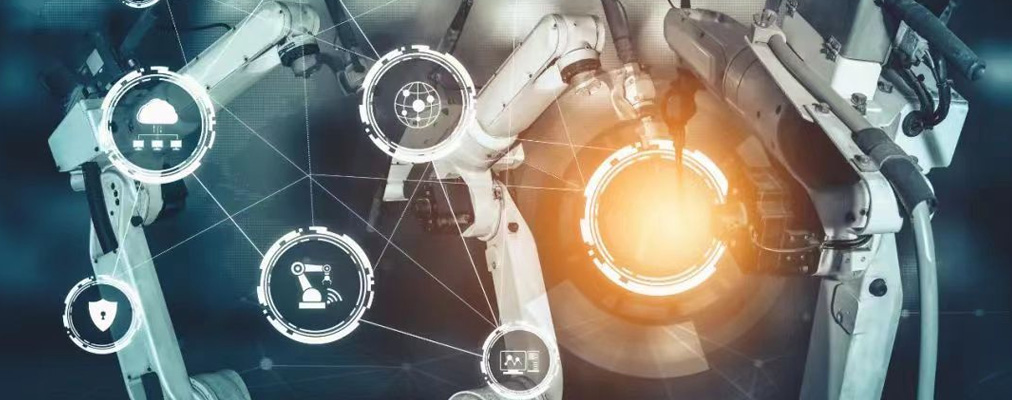Industrial Equipment

In the realm of industrial machinery, the integration of advanced technology has become paramount for enhancing efficiency, reliability, and functionality. Printed Circuit Board Assemblies (PCBAs) play a pivotal role in achieving these objectives by serving as the backbone of electronic systems within industrial equipment.
Integration of Complex Functionality:
Modern industrial equipment often requires the integration of complex functionalities to meet the demands of diverse manufacturing processes. PCBAs facilitate this integration by providing a platform for assembling various electronic components such as microprocessors, sensors, actuators, and communication modules onto a single board. This consolidation of components not only reduces the footprint of the electronics but also simplifies the overall system design.
Enhanced Reliability:
Industrial environments can be harsh, characterized by factors like temperature variations, humidity, vibrations, and electromagnetic interference. PCBA manufacturers employ robust materials and advanced assembly techniques to ensure the reliability of circuit boards under such challenging conditions. Through techniques like conformal coating and proper component selection, PCBAs can withstand harsh industrial environments, minimizing downtime and maintenance costs.
Improved Efficiency and Performance:
The compact design enabled by PCBA integration allows industrial equipment to operate with improved efficiency and performance. By reducing the length of signal paths and minimizing electromagnetic interference, PCBAs contribute to faster signal propagation and enhanced overall system responsiveness. This is crucial for applications where real-time monitoring and control are essential for optimizing production processes.
Scalability and Customization:
Industrial equipment often requires scalability and customization to accommodate varying production requirements. PCBAs offer flexibility in design, allowing manufacturers to easily scale up or modify electronic systems to meet specific needs. Whether it’s adding additional sensors for process monitoring or integrating new communication protocols for data exchange, PCBA-based solutions provide the versatility required in dynamic industrial environments.
Cost-Effectiveness:
Despite the initial investment in design and development, PCBA-based solutions offer long-term cost-effectiveness for industrial equipment manufacturers. The standardization of components and assembly processes results in economies of scale, reducing manufacturing costs per unit. Moreover, the reliability and durability of PCBAs translate into lower maintenance costs and extended equipment lifespan, delivering significant savings over time.
Integration with IoT and Industry 4.0:
The emergence of the Internet of Things (IoT) and Industry 4.0 has revolutionized industrial automation, driving the demand for intelligent and interconnected systems. PCBAs serve as the interface between physical equipment and digital control systems, enabling seamless integration with IoT platforms for remote monitoring, predictive maintenance, and data analytics. This connectivity empowers manufacturers with valuable insights for optimizing production processes and improving overall efficiency.
The application of PCBA in industrial equipment represents a critical enabler of technological advancement and innovation. By leveraging the capabilities of PCBAs, manufacturers can enhance the functionality, reliability, and efficiency of their machinery, thereby staying competitive in today’s rapidly evolving industrial landscape. As the industrial sector continues to embrace digital transformation, the role of PCBA is poised to become even more integral in shaping the future of manufacturing.
